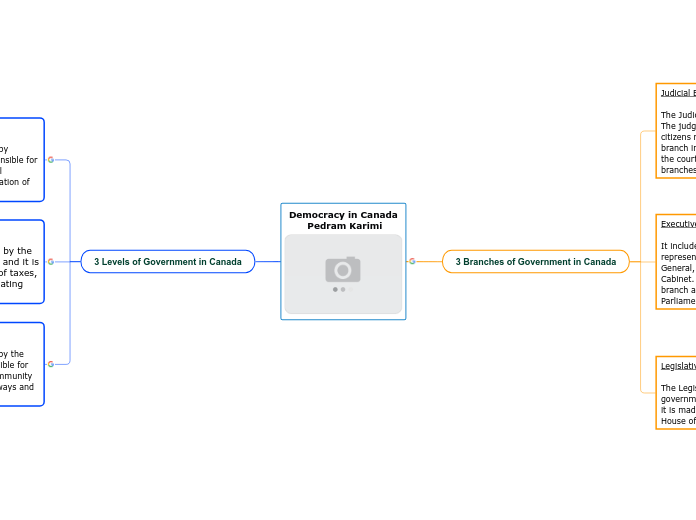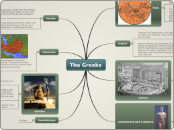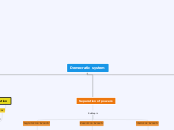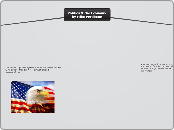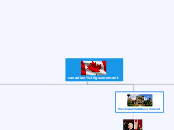af Pedram Karimi 4 år siden
326
Democracy in Canada Pedram Karimi
Canada's governmental system is structured into three branches and three levels, each with distinct roles and responsibilities. The Legislative Branch, comprising the Senate and House of Commons, is tasked with creating and voting on laws.
